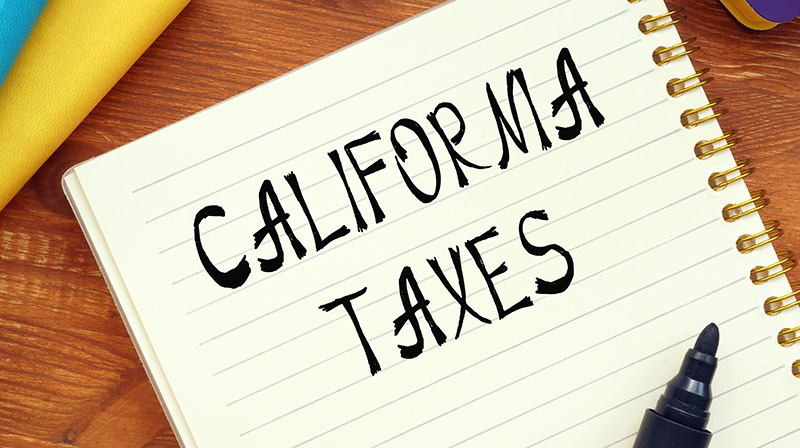Offer In Compromise for California State Tax
December, 23 2022 by Steve Banner, EA, MBA
How much patience does California have with taxpayers who can’t pay their state tax liabilities?
Just like the IRS and other taxation authorities throughout the United States, the State of California’s Franchise Tax Board (FTB) would prefer that all outstanding tax debts be paid immediately and in full. But just like its federal and interstate counterparts, the California FTB also understands that a quick and full settlement of their liabilities is simply not possible for some indebted taxpayers. While in other posts we have discussed the different options available for taxpayers to settle their federal income tax debts with the IRS, in this article, we will review the approach taken by the California FTB – in particular, the Offer in Compromise.
From the FTB’s viewpoint, the Offer in Compromise (OIC) is a last resort for obtaining payment on the debts owed to it. Its first choice would be to encourage taxpayers who cannot pay immediately to set up some kind of a payment plan, paying off their debt in a series of installments over time. This would ensure that the FTB eventually receives the full amount owed (plus penalties and interest). However, for certain individuals who are unable to pay their outstanding California income tax liabilities in the foreseeable future, another approach is needed. Thus, the OIC is offered as an alternative to allow taxpayers to reduce the amount of their debt to a level that is more manageable for their circumstances. For the FTB, this reduced amount represents the most it can expect to collect within a reasonable period of time.
So, what happens next? Can we now simply convert a $100,000 California tax debt to $3,000 because that’s all the money we have on hand? Well, “not so fast”, as the football coach said to the eager young backup who thought he was about to take over the 40-plus-year-old Tom Brady’s place in the starting lineup. Some things are not quite as simple as they might seem. Let’s take a look at the steps required for a taxpayer to qualify for an OIC.
Before even applying for an offer in compromise, a taxpayer must have:
- Agreed with the FTB amount on the amount owed,
- Filed all required tax returns, and
- Explored other possible ways to settle their debt; for example, setting up a payment plan or selling property.
A taxpayer who has met these requirements may then be eligible to apply to join the OIC program which allows them to offer a reduced payment amount to settle their tax liability. There is no guarantee that the FTB will accept such an offer, and each application is judged on its merits. In other words, the FTB reviews the applications that it receives based on the facts and circumstances of each case.
Factors that the FTB takes into consideration for each case include:
- The taxpayer’s ability to pay
- The value of the taxpayer’s assets
- The taxpayer’s current and future income and expenses
- The potential risk that a taxpayer’s circumstances could change
- Whether or not the taxpayer’s offer is in the best interest of the state of California
As part of the application process, the taxpayer must authorize the FTB to not only obtain their consumer credit report, but also investigate and verify the information provided on the application.
The taxpayer’s offer must be based on a single lump sum payment, and not on a series of installments. The payment is payable on request if the FTB approves the offer.
The FTB will send an acknowledgment letter 2 to 4 weeks after receiving a taxpayer’s application for an OIC and will generally provide a decision within 4 to 6 months. It may be possible to discuss other alternatives with the FTB if the initial OIC application is not accepted. It is important to note that submitting an application for an OIC does not automatically suspend collection activity by the FTB. Interest, penalties, and fees will continue to accrue while the taxpayer’s offer is being considered.
Taxpayers who are having difficulties dealing with a California tax debt can find more information about the Offer in Compromise program on the FTB website. Alternatively, taxpayers in this situation could contact the tax experts at TaxAudit for a no-cost, no-obligation opportunity to discuss their case with one of our experienced tax attorneys, CPAs or Enrolled Agents. A review of their case such as this would help taxpayers understand their options and help them to decide whether they would rather face the FTB on their own or allow the TaxAudit team to take on the task on their behalf.
Provided that the facts and circumstances of a case support such an outcome, and the correct application process is followed, there is no reason that a $100,000 debt cannot be reduced to $3,000. However, it is far less likely that any young backup quarterback will be able to get the ball out of Tom Brady’s hands anytime soon!





